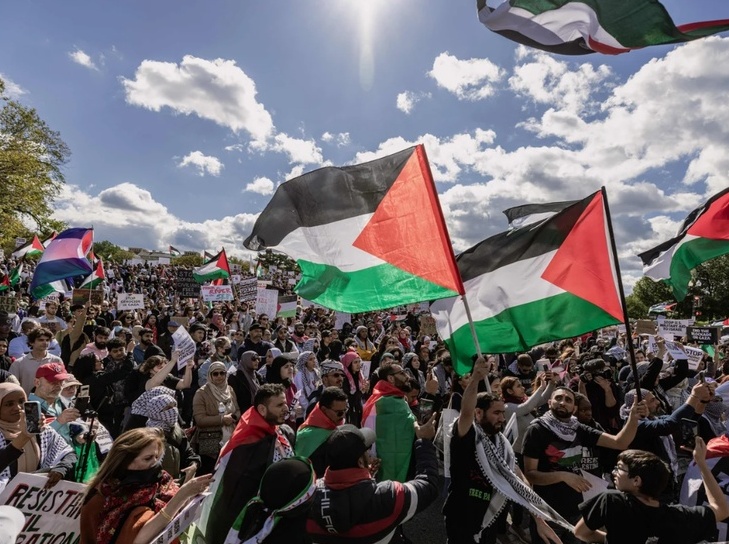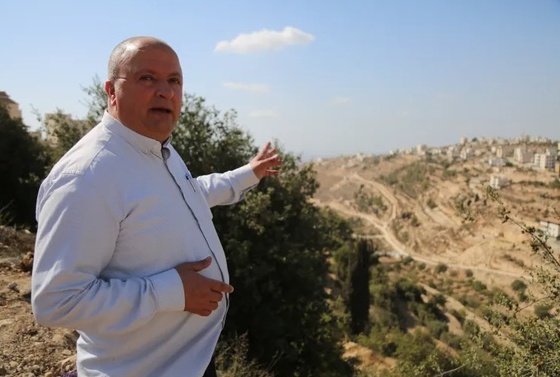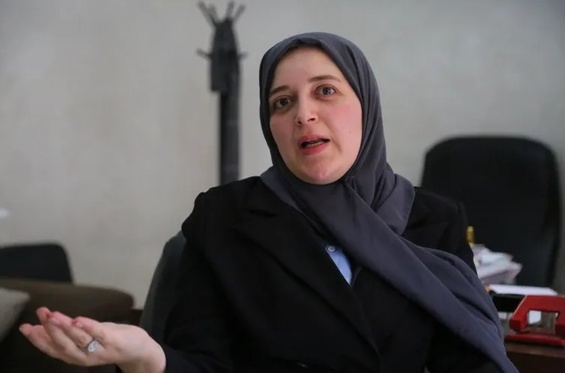SAEDNEWS: As countries like the UK, France, and Australia formally recognize Palestinian statehood, Palestinians express both hope for political gains and fear of intensified Israeli repression.

Over the past few days, Canada, the United Kingdom, Australia, Portugal, and France formally recognized the State of Palestine, bringing the total number of countries acknowledging Palestinian statehood to over 150.
In Hebron, Palestinians expressed mixed reactions ranging from joy at international acknowledgment to fear of potential escalation by Israel.
Adel Shadid, 59, Researcher – Dura:
Shadid sees Britain’s recognition as a “partial historical correction” following the Balfour Declaration a century ago, which laid the foundation for the Nakba and mass displacement of Palestinians. He argues that these recognitions challenge Israel’s narrative denying the existence of a Palestinian people and increase Israel’s isolation politically, economically, and morally.
“This shift from major European powers on the UN Security Council, such as Britain and France, represents a shock to Israel,” Shadid said. He cautioned, however, that without control over land and territory, Palestine’s recognition remains largely symbolic. “Power has limits, and what Israel is doing will not last long,” he concluded.

Raed al-Saeed, 50, Market Vendor – Hebron:
Al-Saeed emphasizes gratitude to Palestinian Authority President Mahmoud Abbas, whose diplomacy he believes led to this wave of recognition. He sees the ultimate milestone as the US formally recognizing Palestinian statehood.
Al-Saeed also highlighted a mixed public mood. “Some are optimistic about the recognitions, others fear Israel will react violently and make life harder for Palestinians,” he said.

Maram Nassar, 31, Constitutional and International Law Specialist – Hebron:
Nassar sees these recognitions as a result of long-term developments, particularly the humanitarian crisis in Gaza. Politically, recognition strengthens Palestine’s negotiating power and may compel Israel to comply with UN resolutions. Diplomatically, it allows Palestine to expand its embassies and international representation. Economically, it could boost boycotts of Israeli goods and open direct financial support channels for Palestinians.
However, she warns of potential US and Israeli pressure on some countries to withdraw recognition, which could create uncertainty. She highlighted Britain’s recognition as a significant milestone reducing Israel’s influence.

The recognitions come amid heightened international criticism of Israel’s policies in Gaza and the West Bank. Western countries historically aligned with Israel are now increasingly supporting Palestinian statehood, signaling a shift in perception of the Israeli-Palestinian conflict.
Nevertheless, many Palestinians caution that recognition alone will not end Israeli occupation or settlement expansion. On the ground, Israel continues its policies of land confiscation, military actions, and efforts to undermine Palestinian governance.
For ordinary Palestinians in Hebron, the recognitions are a cause for cautious optimism. While international acknowledgment is encouraging, fear remains that Israel could intensify repression. Palestinians like Al-Saeed and Shadid believe that meaningful change depends on international pressure translating into real-world protections and rights.
Nassar concluded, “This could be a historic turning point opening new opportunities, but it also comes with significant challenges as Israel continues to block the creation of a viable Palestinian state.”

